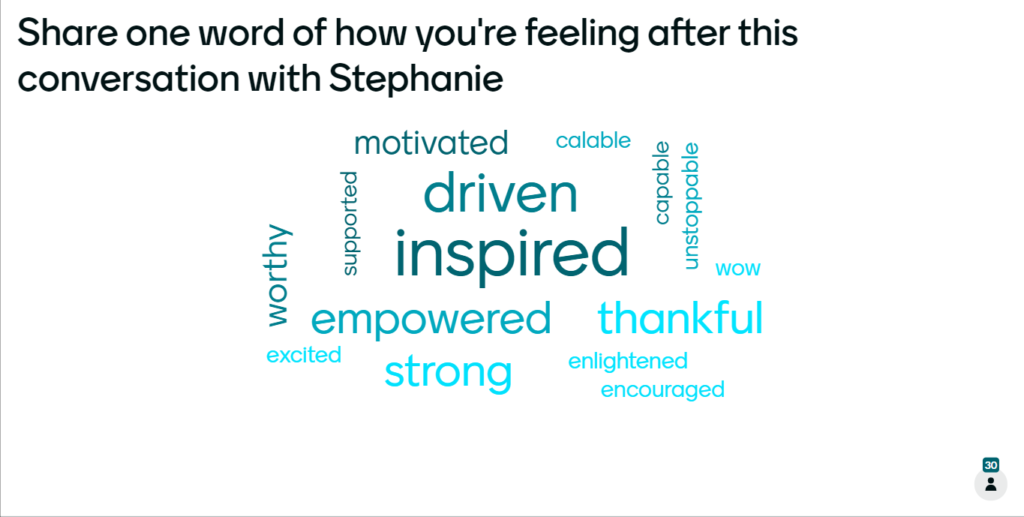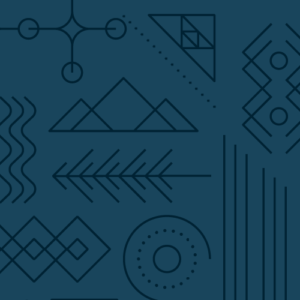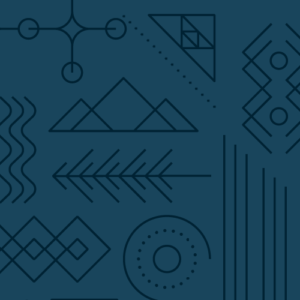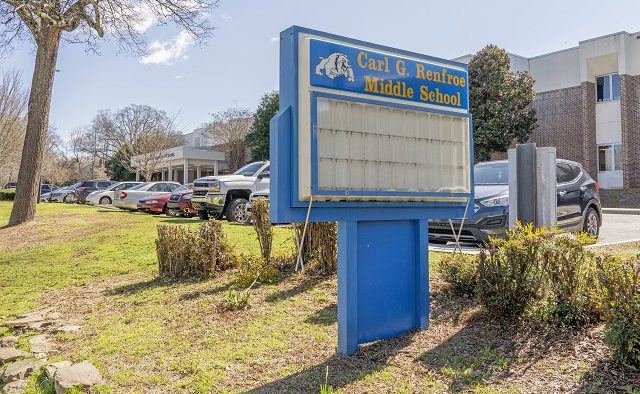
On a Wednesday morning in October, 13 boxes line a screen with joyful middle school students talking about how awesome it is to be Jewish. They feel bonded by a shared identity and are bringing the fun to their virtual meeting.
In this unprecedented moment, virtual Jewish engagement feels both necessary and challenging. People suffer from “Zoom fatigue,” too much screen time with work, school, and activities. The news cycle feels constantly deflating, especially with the neverending rise of COVID-19 cases with no end in sight. Building a strong Jewish identity may be the last thing on people’s minds.
Building Community
However, the newly created Renfroe Jewish Middle School Club proves the importance of building the Jewish community at this moment, even in a virtual setting. In late October, Renfroe Middle School hosted its first Jewish club meeting. Karen Callen, the parent champion of this club who got the club up and running, shares,
“It is very exciting to get a Jewish student club off the ground at Renfroe MS. We have an enthusiastic staff sponsor who is also a member of The Temple, and greatly appreciate the support of JumpSpark to help get us going. There are many unaffiliated Jewish families in Decatur, so it is awesome to have an inclusive space where the kids can come together and have fun Jewish experiences that are easily accessible through their school.”
In the first club meeting, we brought in Hannah Zale from In the City Camps to lead fun activities around creating a club logo and name for the club. Hannah’s humor and fun demeanor brought the club to life and got the students excited to talk about Jewish identity. The activities around creating a logo and name also gave the students ownership over the club to make it the space they wanted.
Oscar Marks, a student at Renfroe Middle School and member of the club, shares,
“The virtual meeting for The RMS Jewish Kids Club was fun and exciting, everyone was full of pride that they are Jewish, and the teachers were glad that we were at the meeting. We had fun activities that would help the club like, choosing the name of the club, choosing the logo, and choosing what the logo would stand for.”
Looking to the Future
With the first meeting being such a success, the club is poised for future growth. Karen Callen feels that,
“The kids fed off the infectious energy of the meeting leader, Hannah Zale, and are excited to have Hannah and other local Jewish educators continue to create fun Jewish programming for them in future meetings. We are confident that the new Renfroe club will continue to grow as more students hear about the club and want to connect with other Jewish kids at their school and in their community.”
While virtual Jewish engagement might feel nearly impossible at this moment, it is so essential to continue building our Jewish community. People need a space to connect over shared identity and have fun together at this challenging time. Oscar Marks shares that he “recommends the club to whomever or whoever wants to be around other Jewish kids.” The new Renfroe Middle School Jewish club proves the power and possibility of building a Jewish community in this time and how important it is we support each other through our most difficult moments.
Interested in bringing Jewish clubs to your middle school? Contact Annie Fortnow, JumpSpark Engagement Manager, at annie.fortnow@jumpsparkatl.org.
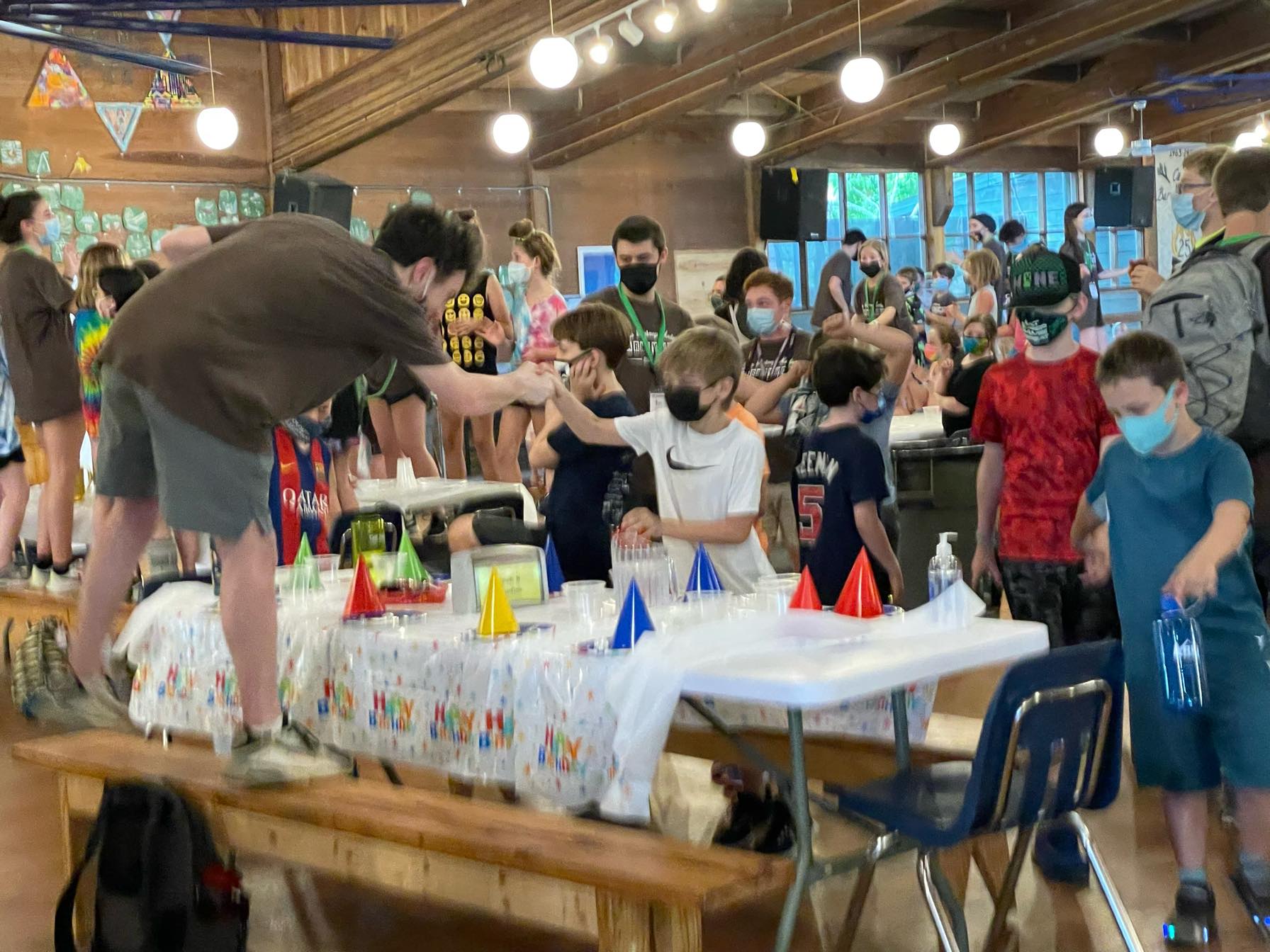

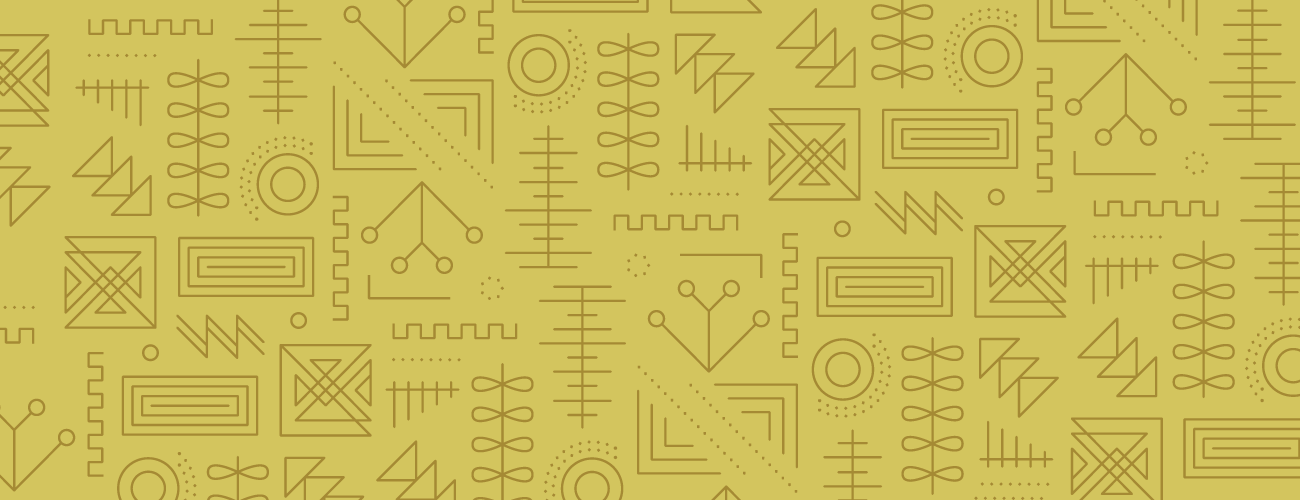

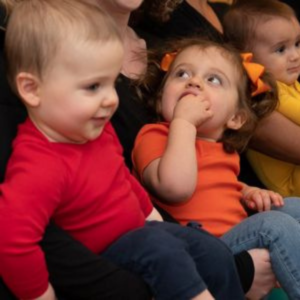
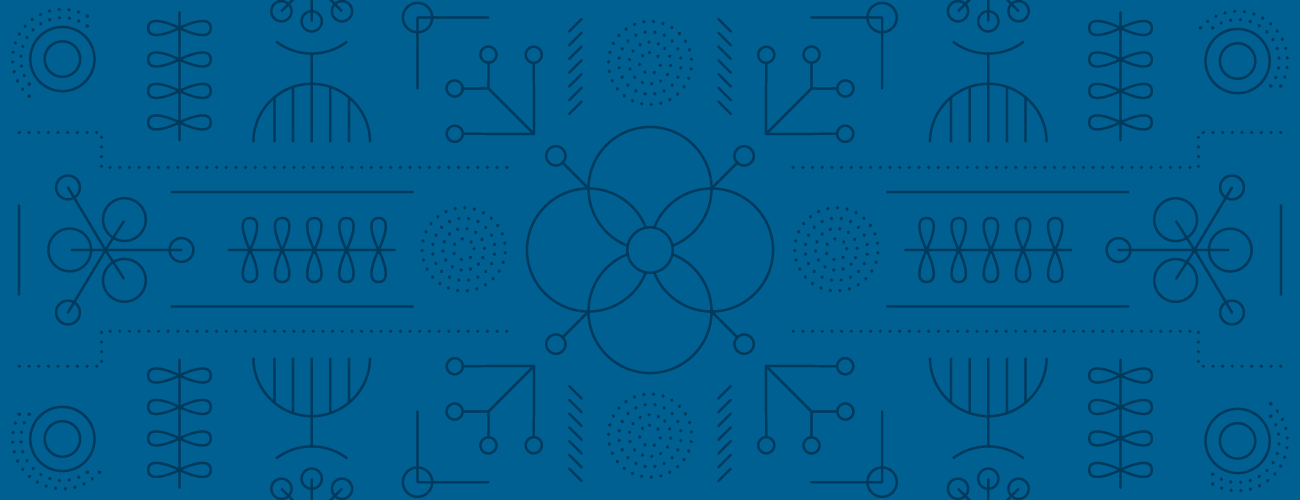




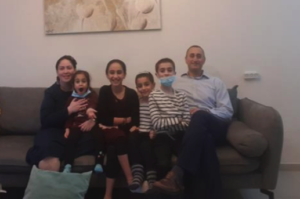 All Jews share the same lunar calendar, and now twelve families from Yokneam, Megido, and Atlanta have officially begun sharing the moon! The project began two months ago to bring us together at a time when social distancing keeps us even farther apart. Working with our Partnership region, we paired Israeli families with families in Atlanta to build bridges.
All Jews share the same lunar calendar, and now twelve families from Yokneam, Megido, and Atlanta have officially begun sharing the moon! The project began two months ago to bring us together at a time when social distancing keeps us even farther apart. Working with our Partnership region, we paired Israeli families with families in Atlanta to build bridges.